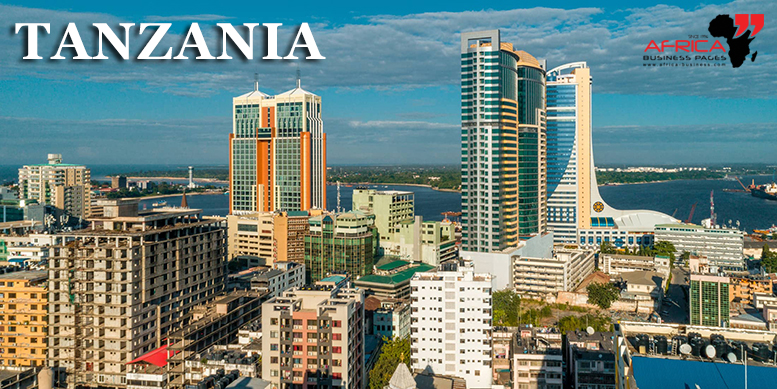
Tanzania’s main businesses
Tanzania’s economy is diverse and driven by various sectors that significantly contribute to its GDP and employment. Below is an overview of Tanzania’s main businesses:
1. Agriculture
Agriculture is the backbone of Tanzania’s economy, contributing around 25% to GDP and employing over 65% of the workforce. Key crops include maize, rice, coffee, tea, cashew nuts, and tobacco. Tanzania is also one of the largest producers of sisal and cloves globally. The livestock industry, particularly cattle, goats, and poultry, plays a vital role in rural livelihoods.
2. Mining and Natural Resources
Tanzania is rich in mineral resources, including gold, diamonds, tanzanite, and other gemstones. The mining sector is one of the largest contributors to the country’s exports, particularly gold. Tanzanite, a rare gemstone found only in Tanzania, is a major export product. The government is also exploring opportunities in natural gas and other energy resources.
3. Tourism
Tourism is a significant revenue earner for Tanzania. The country is known for its world-famous attractions, such as Mount Kilimanjaro, Serengeti National Park, and the Ngorongoro Crater. Zanzibar, with its pristine beaches and rich cultural heritage, attracts many international tourists. Ecotourism and wildlife safaris are vital components of this industry.
4. Manufacturing
Tanzania’s manufacturing sector is growing steadily, contributing about 10% to the GDP. Industries include food and beverage processing, textiles, cement, and fertilizer production. The government is actively promoting industrialization to reduce reliance on imports and boost exports.
5. Energy Sector
The energy sector in Tanzania is expanding rapidly, focusing on renewable energy and natural gas. Hydropower, solar, and wind energy projects are being developed to address the growing demand for electricity. The country’s natural gas reserves in the Indian Ocean are a significant asset for future energy production and exports.
6. Trade and Retail
The trade and retail sector is thriving, driven by the growing middle class and urbanization. Dar es Salaam, the commercial capital, is a hub for local and international trade. Small and medium enterprises (SMEs) dominate the retail market, selling everything from agricultural products to electronics.
7. Fisheries
With access to the Indian Ocean and several large lakes, such as Lake Victoria and Lake Tanganyika, Tanzania has a robust fishing industry. Fisheries contribute significantly to food security and exports, particularly Nile perch and tilapia.
8. Transport and Logistics
Tanzania’s strategic location makes it a vital transit hub for East and Central Africa. The Dar es Salaam port handles cargo for neighboring landlocked countries like Zambia, Uganda, and Rwanda. Investments in rail and road infrastructure are enhancing the country’s logistics capabilities.
9. Financial Services
The banking and financial services sector is growing, with increased adoption of digital banking and mobile money platforms like M-Pesa. Banks are expanding their services to rural areas to support small-scale farmers and businesses.
10. Telecommunications and ICT
The telecommunications sector is booming, with mobile penetration exceeding 80%. ICT innovations, particularly in mobile money services, are transforming how businesses operate in Tanzania. The government is investing in digital infrastructure to boost this sector.
Conclusion
Tanzania’s diverse economy, driven by agriculture, mining, tourism, and other key sectors, positions the country as a regional economic powerhouse. With continued investment in infrastructure, industrialization, and energy, Tanzania has significant potential for sustained economic growth.



Leave a Reply